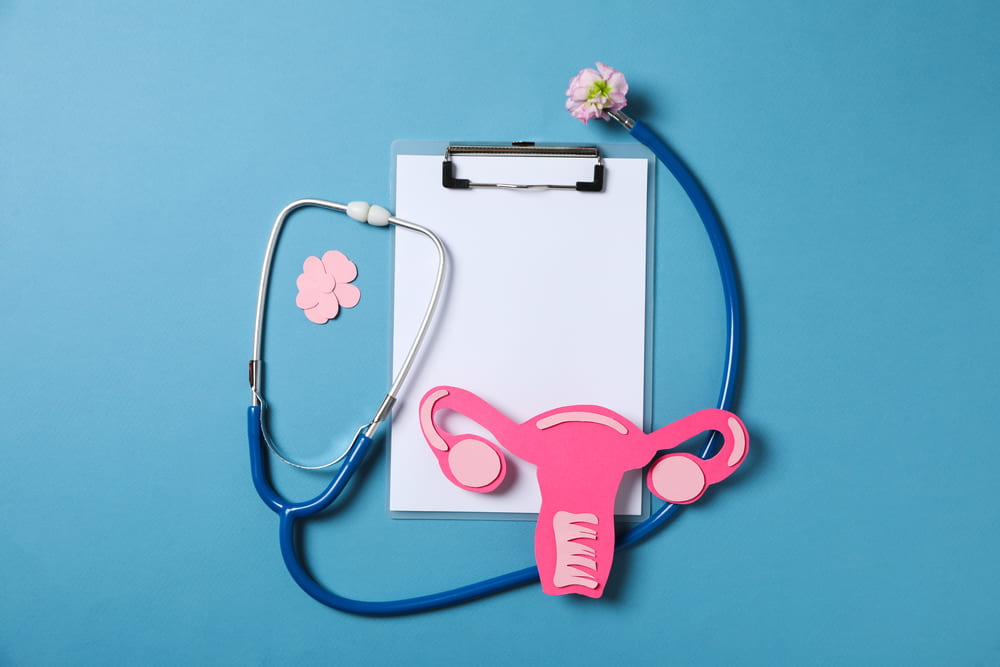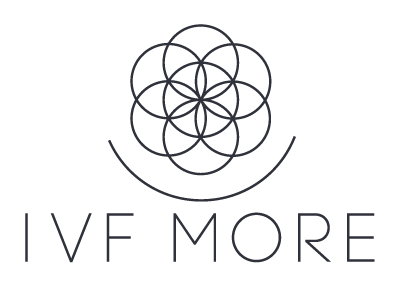How Chronic Conditions Like Endometriosis or PCOS Affect Egg Quality
September 2025

When trying to get pregnant, many individuals are surprised to learn that chronic health conditions such as endometriosis and polycystic ovary syndrome (PCOS) can negatively impact egg quality as much as age or lifestyle. These conditions not only affect hormone levels and ovulation but also alter the environment in which eggs develop, often compromising their potential for fertilization and healthy embryo development.
In this blog, we explore how endometriosis and PCOS affect egg quality, why this matters for in vitro fertilization (IVF) outcomes, and how IVF MORE® is offering a revolutionary approach to restoring egg health using regenerative and personalized medicine.
What Is Egg Quality and Why Does It Matter?
Egg quality refers to an egg’s ability to mature properly, be fertilized, and develop into a viable embryo. High-quality eggs have the correct number of chromosomes and the energy reserves necessary for successful cell division. Poor egg quality often leads to:
- Failed fertilization
- Embryo arrest
- Chromosomal abnormalities
- Early pregnancy loss
The quality of your eggs is critical for a successful pregnancy—whether naturally or through assisted reproduction.
How Endometriosis Affects Egg Quality
Endometriosis is a chronic inflammatory disease where tissue similar to the uterine lining grows outside the uterus. It affects approximately 1 in 10 women of reproductive age and is a leading cause of infertility.
Key Impacts on Egg Quality:
- Inflammation: Endometriosis causes a chronic inflammatory response in the pelvic area, creating a toxic environment that can damage ovarian follicles.
- Oxidative stress: Increased free radicals can damage the DNA and mitochondria inside the egg.
- Altered hormone signaling: Hormonal imbalances impair follicular development.
- Fibrosis and scarring: These can limit blood flow to the ovaries, reducing oxygen and nutrient delivery to developing eggs.
Even in women with a normal egg count, endometriosis may reduce the number of high-quality eggs available for fertilization.
How PCOS Affects Egg Quality
Polycystic Ovary Syndrome (PCOS) is a hormonal disorder affecting about 10% of women of reproductive age. It’s characterized by irregular periods, high androgen levels, and multiple small cysts in the ovaries.
Key Impacts on Egg Quality:
- Immature follicular development: Eggs often fail to mature properly, reducing their ability to be fertilized.
- Insulin resistance: This can disrupt hormone production and contribute to poor egg quality.
- Hormonal imbalance: Elevated LH and androgens interfere with normal ovulation and egg viability.
- Chronic anovulation: Irregular or absent ovulation leads to fewer opportunities to retrieve quality eggs during IVF.
While PCOS can preserve egg quantity, the quality of those eggs may still be compromised, especially if the condition is not managed.
The Science Behind Egg Quality Decline
Both endometriosis and PCOS disrupt the ovarian environment and interfere with mitochondrial function. Mitochondria are responsible for producing energy (ATP), which eggs need to divide and develop.
In these chronic conditions:
- Mitochondrial energy production is reduced
- Chromosomal segregation may be faulty
- DNA integrity can be compromised
This can result in lower fertilization rates, poor embryo quality, and lower chances of implantation.
Can Egg Quality Be Improved in Women with Endometriosis or PCOS?
Yes, but conventional IVF may not be enough. Most traditional treatments focus on stimulation and retrieval, not on restoring the cellular health of eggs.
That’s where IVF MORE® comes in.
IVF MORE® (Magnetic Ovulatory Restoration) is an advanced approach designed to restore egg quality at the metabolic and mitochondrial level—particularly for individuals dealing with complex diagnoses like PCOS and endometriosis.
How IVF MORE® Works
IVF MORE® combines regenerative medicine, metabolic diagnostics, and magnetic field incubation to revitalize compromised oocytes.
Step-by-Step:
- Metabolic Diagnosis: Each egg is analyzed for its mitochondrial health and metabolic activity.
- Cytoplasmic Enrichment: Healthy cytoplasm (the egg’s energy center) from a donor is introduced into compromised eggs.
- Magnetic Incubation: Eggs are incubated under magnetic fields to support cellular division and reduce genetic errors.
- Targeted Fertilization: PICSI is used to select the best sperm for fertilization.
This technique offers a powerful alternative to traditional IVF by improving the biological integrity of your own eggs.
Benefits of IVF MORE® for Women with Endometriosis or PCOS
- Restores mitochondrial energy production
- Improves embryo viability and implantation
- Reduces the need for egg donation
- Supports personalized treatment strategies
- Optimizes outcomes even after previous IVF failures
IVF MORE® offers real hope to women who have struggled to conceive due to egg quality issues caused by chronic conditions.
Key Takeaways
- Egg quality, not just quantity, is essential for IVF success.
- Chronic conditions like endometriosis and PCOS negatively affect egg health at the cellular level.
- Mitochondrial dysfunction is a common factor in poor egg quality.
- IVF MORE® addresses these root issues using advanced, science-backed techniques.
If you’ve been told your only option is egg donation, or if you’ve experienced multiple failed IVF cycles, egg restoration through IVF MORE® may be the solution you’ve been waiting for.
